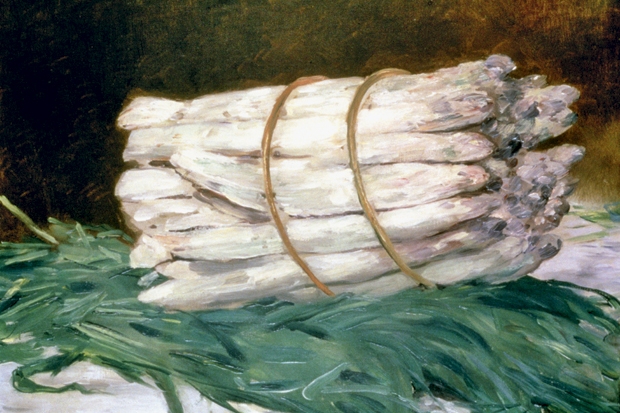In calling their book Art as Therapy Alain de Botton and John Armstrong have taken the direct route. They’re not waiting for us to interpret their motive: their title tells us everything.
Art, the theory goes, can help us improve our psychological state in a way that’s progressive and cumulative. It can assist our relationships, our careers, our money concerns. Art is a tool which ‘compensates us for certain inborn weaknesses, in this case of the mind rather than the body’. It is a ‘therapeutic medium’, and it should be treated as such. This means that galleries, instead of arranging works by period or style, should place art in emotive groups, based around how they can reform and enrich our own lives. An illustration in the book shows a re-imagined Tate Modern floor plan with the ‘Gallery of Suffering’ on the first floor, the ‘Gallery of Compassion’ on the second, and so on.
This may not sound too radical, even if it risks seriously narrowing the possible responses to a work of art (how many works communicate both suffering and compassion, for example?) But this is merely the thin end of a very substantial wedge. Galleries should also include ‘therapy rooms’ which ‘one might need to pass through before getting to see any works for sale’. Who will be the therapists in this scenario? Art dealers, of course. They will ‘help clients live better lives by selling them the art they need for the sake of their inner selves’.
The authors seem to have a rather specific idea of who their audience is. You will be a fully employed professional, middle-aged, married, secular and quick to reveal your feelings to others. I don’t tick many of those boxes, which possibly explains the detached feeling I had as the authors’ ambition overflowed and spread into almost every crevice of modern society. By the end they are sketching a new kind of ‘enlightened capitalism’ and making tentative steps towards a didactic form of art, where artists work to parameters laid down by some vague social body. They also want to restructure the physical landscape and, with a twist of Roger Scruton’s aesthetic philosophy, wage gentle war on ugliness.
Even though many of its schemes are idiosyncratic, Art as Therapy has its pleasures. The pictures are diverse and well chosen. A cracked and mottled Korean moon jar is elevated by being in close proximity with work by Cy Twombly and Joseph Cornell. Captions will often reflect the nervous responses of someone entirely new to art, so beneath Sebastiano Ricci’s ‘The Vision of Saint Bruno’ is written: ‘I don’t do weird religious stuff.’ Beside a Sargent portrait we find: ‘Snobs make me feel sick.’ This will annoy some readers, but the point is to pre-empt these responses and explain how the works might retain value for the uninitiated.
Still, this couldn’t be described as a coffee-table book, because no one would keep a book called Art as Therapy on their coffee table. It would send the wrong signal, like offering guests a tour of your medicine cabinet (a practice which the authors, with their thirst for self-revelation, might advocate). No, this is a book you keep under your bed and read before sleep, when its aperçus and confessions feel satisfyingly irresponsible.
But as fun as it is to watch an argument accelerate through the barriers of good sense, at some point the contrary feelings have to kick in. Isn’t great art — excuse my generalisation here but de Botton and Armstrong have given me the bug — about blowing apart our complexes and fears, rather than reflecting them? Or isn’t it about that sometimes, at least? The suggestion that the limits of our perspective define the limits of the universe, that we must see the work of others through our own mesh of anxieties, cuts off the opportunity for submission and transcendence (as rare as those opportunities are). To gaze at Manet’s asparagus and see a reflection of your struggling long-term relationship is not objectionable by itself, but I’m not sure it should be endorsed as the best way to approach a painting. Solipsism is already in plentiful supply outside the world’s galleries; we don’t need two philosophers recommending more of it.






Comments